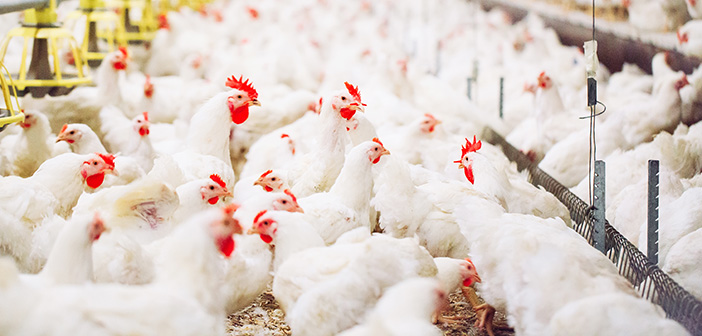The Genetic Technology (Precision Breeding) Bill has gained Royal Assent after its passage through Parliament and following a three-month public consultation in 2021. This means new breeding technologies, such as gene editing, will now be able to be used commercially.
The NFU has lobbied for such a move, arguing the technology has the potential to improve animal health and welfare and help in the development of foods with direct benefits to the public, such as increased nutritional value, maximised flavour and longer shelf life.
NFU Vice President David Exwood said: “For more than two decades, we’ve advocated for the development of biotechnology within agriculture and horticulture, and for science to dictate the policy. I am delighted that, after working closely with Defra, the Food Standards Agency, parliamentarians, and industry partners to ensure the Bill’s smooth progress, it has passed its final hurdle.
“Biotechnology is by no means a silver bullet, but having access to more targeted precision breeding tools for our crops and livestock could really help bolster climate-friendly food production and support biodiversity here in Britain.
“It’s important to note that the passage of the Bill is only the first step. As it is implemented through further legislation, regulations must be fit for purpose if it is to provide a meaningful boost to our food resilience and food security.”


